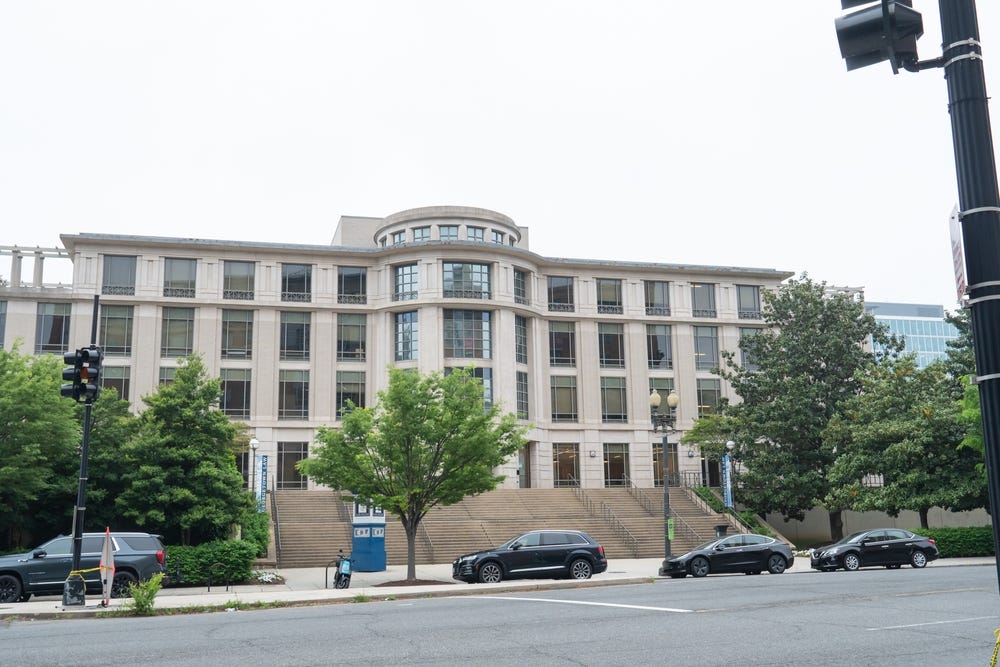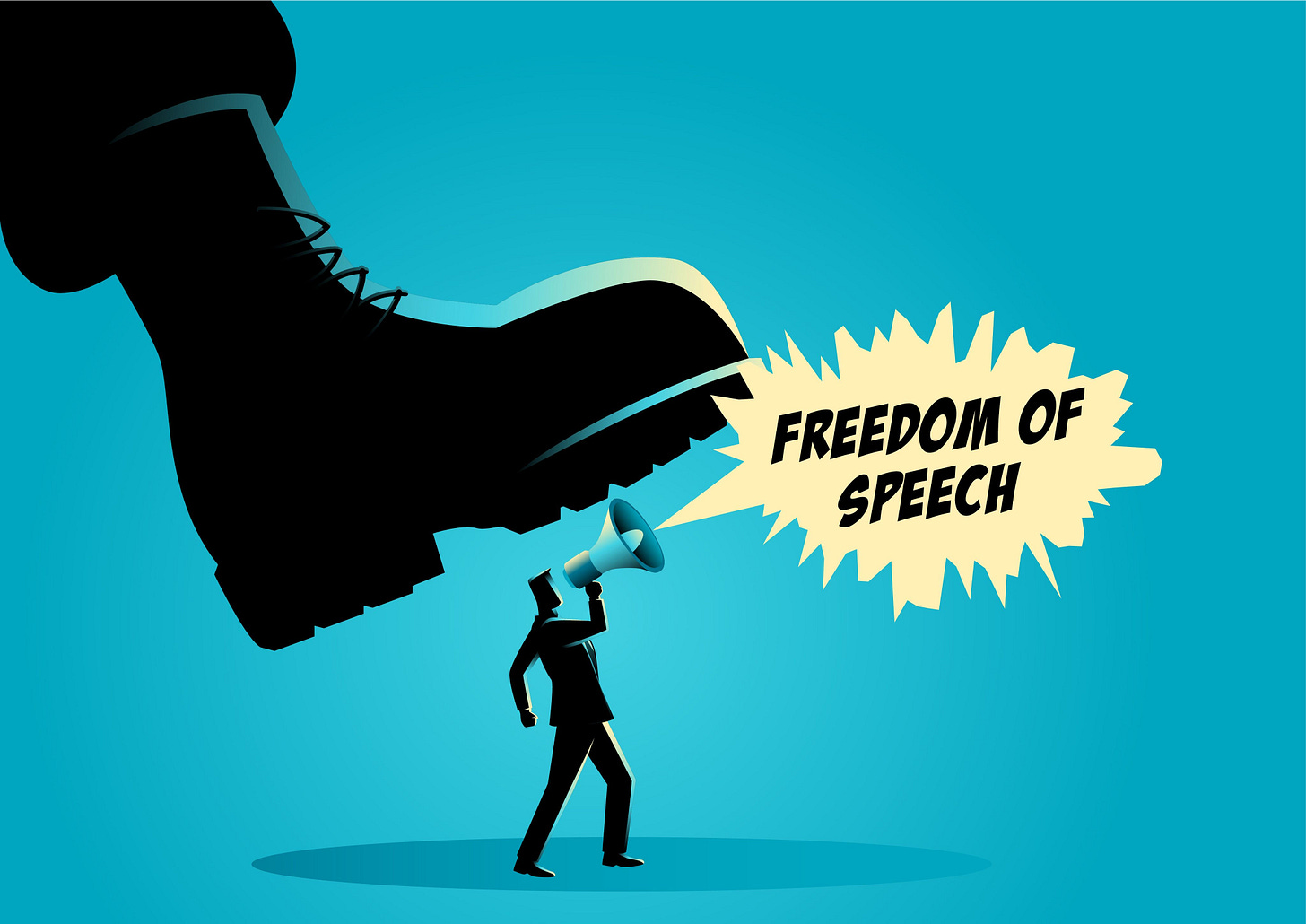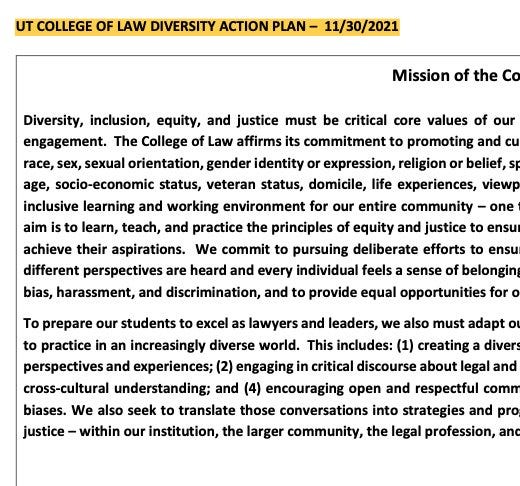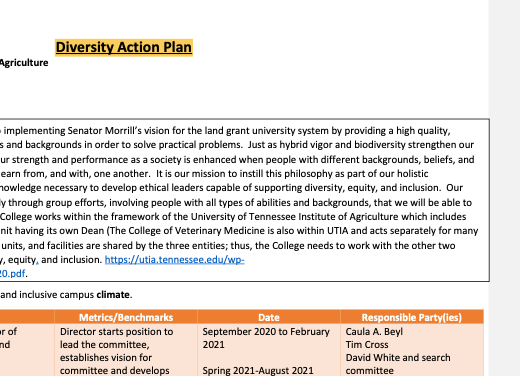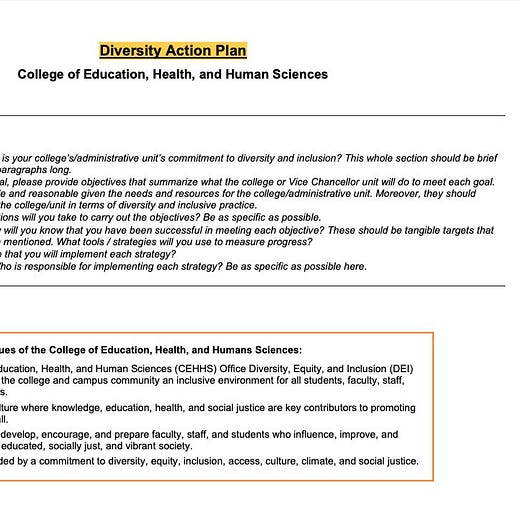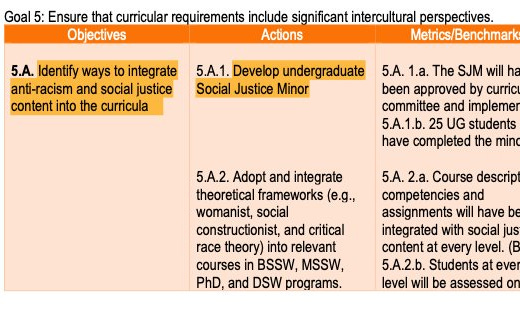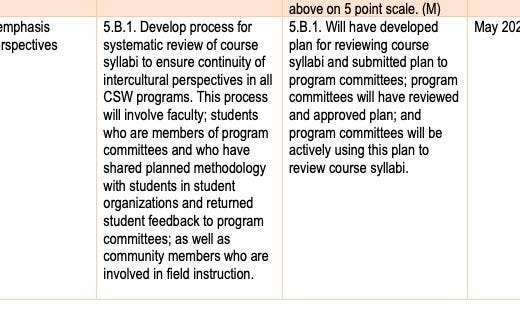E-Pluribus | August 17, 2022
What "cancellation" isn't, law school illiberalism, and testing the bounds of occupational licensing and free speech.
A round-up of the latest and best writing and musings on the rise of illiberalism in the public discourse:
Ken White: The Philosophical And Moral Incoherence of “How Dare You Walk Out Of My Speech”
Attorney Ken White, more popularly known as Popehat on Twitter (disclosure: he has me blocked for some reason) takes issue with a recent Quillette article ostensibly discussing a cancel culture incident. White writes at his Substack that free expression works in both directions, and one’s response to someone else’s speech, especially if it’s non-violence and not disruptive, is no less legitimate than the speech itself.
Mr. Silverglate is a Harvard graduate and professor, crusading attorney and defender of rights, repeatedly published author of important books, founder of the Foundation for Individual Rights In Education, and a sought-after gripping speaker. He has not been fired, expelled from any organization, depublished, or even (so far as I know) shunned on Martha’s Vineyard. Here’s what happened: he was invited to speak to private high-school students on the subject of free expression, he used the racial epithet commonly known as the n-word in the course of accurately quoting the title of Prof. Kennedy’s book, he did so several times, some of the students walked out, he continued to speak with the rest of the students, later the school sent its community an apology for the epithet being used in the classroom and said it was inappropriate, and the school wouldn’t print Mr. Silvergate’s response. In other words, some people (rightly or wrongly, rationally or irrationally) didn’t like some of his free expression and responded with their own free expression. If there have been other consequences, he hasn’t mentioned them.
[ . . . ]
[I]nstead of analyze or even acknowledge the free expression interests of the Milton Academy students, Mr. Silverglate and Prof. Kennedy swiftly and dishonestly conflate them with official censorship and censorial actions designed to silence speech:
“The lessons taught by this sad tale are sobering. One is that it is apparently acceptable for students to signal their disagreement with a speaker by walking out of an assembly rather than subjecting his or her ideas to the testing that vigorous dialogue allows. We know that practices from higher education have permeated the K-12 world, and that today a third of college students believe that it is sometimes or always acceptable to shout down speakers, or to try to prevent them from speaking on campus. Another 13 percent believe that is it sometimes or always acceptable to block other students from attending a campus speech.”
One of those things is not like the other. Walking out isn’t shouting down or blocking. Moreover, Mr. Silverglate and Prof. Kennedy apparently believe that dropping the n-word is acceptable but walking out on Mr. Silverglate for dropping it is not “acceptable.” They seem to posit a known and absolute standard of decorum under which one is proper and the other just isn’t. They do not seem to acknowledge that some people may be as passionate about the n-word being inappropriate at school as they are passionate that it’s proper, or that people who feel that way have a legitimate interest in expressing their dissent…
[ . . . ]
As I wrote earlier this year, I think we could come up with a principled definition of “cancel culture” that identifies responses to speech that violate decency, proportionality, or shared values.
Read it all here.
Ilya Shapiro and Daniel Kennelly: The Illiberal Takeover of Law Schools
Ilya Shapiro, almost-professor at Georgetown Law (see item #1), spoke recently with Daniel Kennelly of City Journal. Among other topics, Shapiro commented on the state of higher education and how his experiences impacted his outlook.
Given your recent experience at Georgetown, what hopes do you harbor for the future of academic freedom at law schools and higher education more broadly?
Though I’m long on America—like Brett Kavanaugh, I live on the sunrise side of the mountain—I’m pessimistic about academia. We may have passed the point of no return in terms of the illiberal takeover. And I do mean illiberal. What we’re seeing isn’t the decades-old complaint about liberal professors—I don’t think the ideological ratio has changed much since I was in college 25 years ago or law school 20 years ago—but weak administrators who placate the radical Left. Wherever deans and presidents stand up for free speech and the core truth-seeking mission of any academic institution, the mob disperses, but most university officials are spineless cowards, as Georgetown Law dean Bill Treanor proved to be.
Read the whole thing.
Scott Shackford: Supreme Court Asked To Decide if Paid Diet Advice Is Protected by the First Amendment
Free speech is hardly free if it requires an “undergraduate degree, 900 hours of supervised practice, testing, and fees.” That’s where Florida’s Heather Kokesch Del Castillo finds herself after the state prevented her from offering diet and food advice to paying customers without a license. Scott Shackford of Reason says the Institute for Justice has taken up Del Castillo’s cause and hopes to see the Supreme Court settle the issue once and for all on how far regulation may go before it steps on the First Amendment.
Heather Kokesch Del Castillo is a health coach in Fort Walton Beach, Florida. She got in trouble with the state in 2017 because she was providing food advice to paying customers but is not a licensed dietitian (and doesn't claim to be). She was threatened with fines and misdemeanor charges if she didn't stop offering her services for money unless she becomes a licensed dietitian, which in Florida requires an undergraduate degree, 900 hours of supervised practice, testing, and fees.
Instead, she sued, represented by lawyers with the Institute for Justice. She argued that the First Amendment protected her right to be paid to give diet advice to willing customers. If she were to write a book providing diet advice, the state could not demand she be licensed as a dietician in Florida in order to sell the book in stores. That would be a clear First Amendment violation. Why would giving advice person-to-person be any different?
Unfortunately, so far the courts have not agreed with her or the Institute for Justice. In 2019, judges for the federal 11th Circuit upheld Florida's broad regulations and determined that Del Castillo's free speech rights were not unconstitutionally abridged.
The Institute for Justice believes that this decision runs counter to a Supreme Court ruling from 2018, NIFLA v. Becerra, where the Supreme Court determined that a law in California requiring pregnancy centers post notices informing women of the availability of free or low-cost services, including abortions, was unconstitutional. The two cases don't appear at first to be closely related, but in the majority ruling, Justice Clarence Thomas wrote, "Speech is not unprotected merely because it is uttered by 'professionals.' This Court has 'been reluctant to mark off new categories of speech for diminished constitutional protection.'"
[L]ast week, the Institute for Justice submitted a petition to the Supreme Court to have the case considered there.
Read it all.
Around Twitter
Excerpts from a thread by Andy Craig of the Cato Institute on the lack of appreciation for the state of free speech today, particularly when viewed in historical context. Click for the whole thing.
John Sailer got his hands on the University of Tennessee’s DEI (diversity, equity, inclusion) plans. Click for the whole thread.
Finally, via Thomas Chatterton Williams, Janan Ganesh of the Financial Times on liberals’ culture war denialism:





